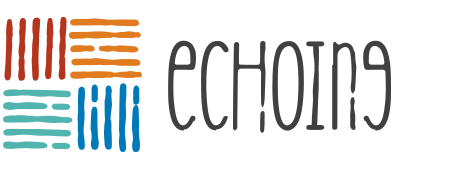Maker culture
Examples
Examples
TYPE: PHYSICAL AND DIGITAL EVENTS
Institution: Norwegian University of Sciences and Technology
Year: 2017-ongoing
Result: from desktop research
Description: Maker space of NTNU University library run by student volunteer organisations of NTNU providing various Hands-on activities, digitally or non digitally enhanced, to students and University staff or external visitors as School classes or others interested in different subjects and technology.
Link: NTNU maker space
TYPE: DIGITAL AND PHYSICAL EVENTS
Institution: COMPANIES
Year: 2017
Result: Not from Desktop research
Description: Non-profit working heritage museum that functions as a community-centered maker space and education hub for local students, foreign artists, and tourists. Houses historic printing presses and equipment (that are actively used and maintained), a bookbinding studio, and papermaking studio with a focus on utilising recycled materials.
Link: TYPA Printing and Paper Museum
TYPE: PHYSICAL EVENTS
Institution: NGO
Year: 2017
Result: Not from Desktop research
Content: Paranduskelder is an NGO, whose goal is to popularise repairing and upcycling as one of the necessary components of the circular economy. One of the most influential ways to serve this purpose is to organise Repair Cafés. In this way, they extend the lifespan of everyday objects (whilst saving valuable resources and the environment) and people acquire repair skills. They are organising various workshops, events and lectures connected to sustainable lifestyle and working towards building a resilient community. The community includes professionally skilled craftsmen, engineers, architects, creatives, educators and artists.
Link: Paranduskelder
Maker culture spaces
Maker culture spaces

Hands-on workshops organized by voluntary organizations of students for the public. These are open spaces for learning and co-creating using digital tools, gaming, VR technology, 3D printing, Web-design etc. or even basic digital skills, but they also exploit the use of arts and craft in informal learning environments.
Follow eCHOing on X and YouTube
EU-prosjekt

This project has been funded with the support of the Erasmus+ programme of the European Union. The European Commission’s support for the production of this website does not constitute an endorsement of the contents, which reflect the views only of the authors, and the Commission cannot be held responsible for any use which may be made of the information contained therein.
